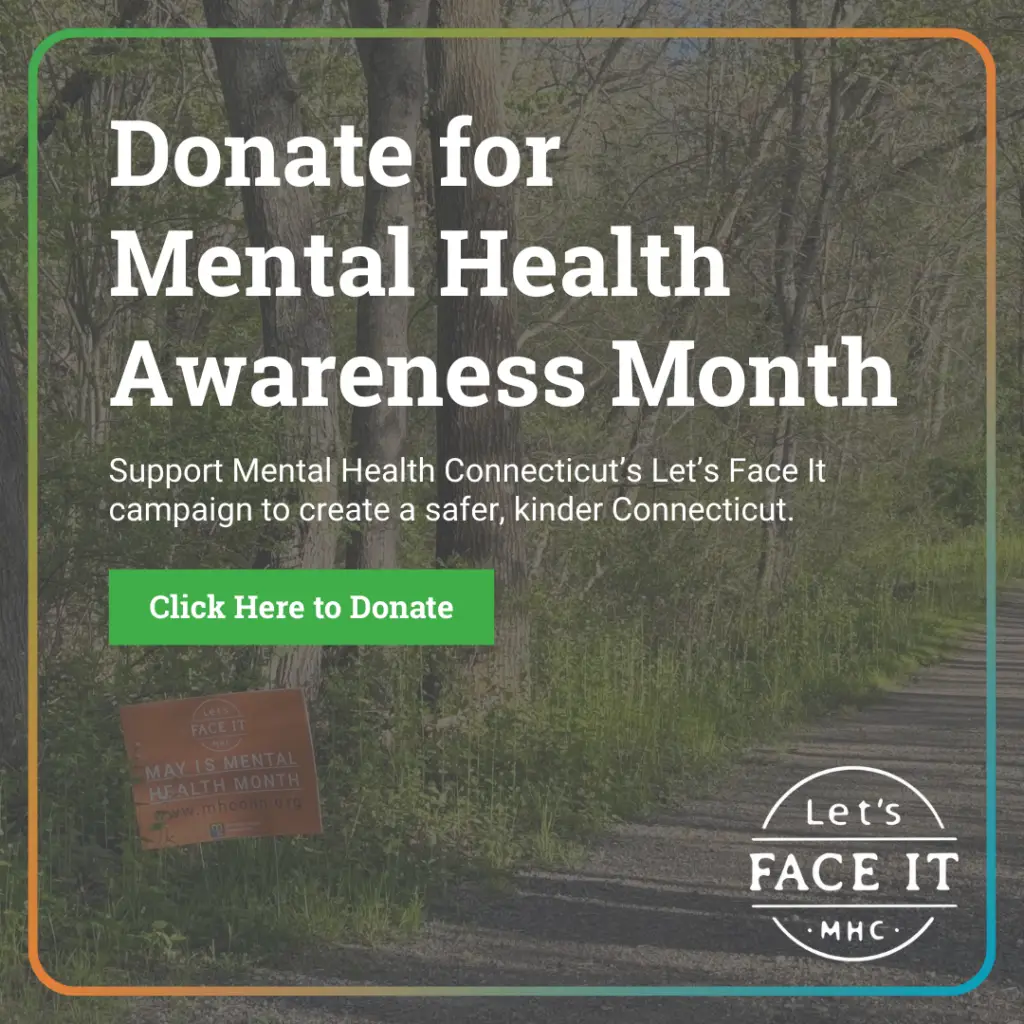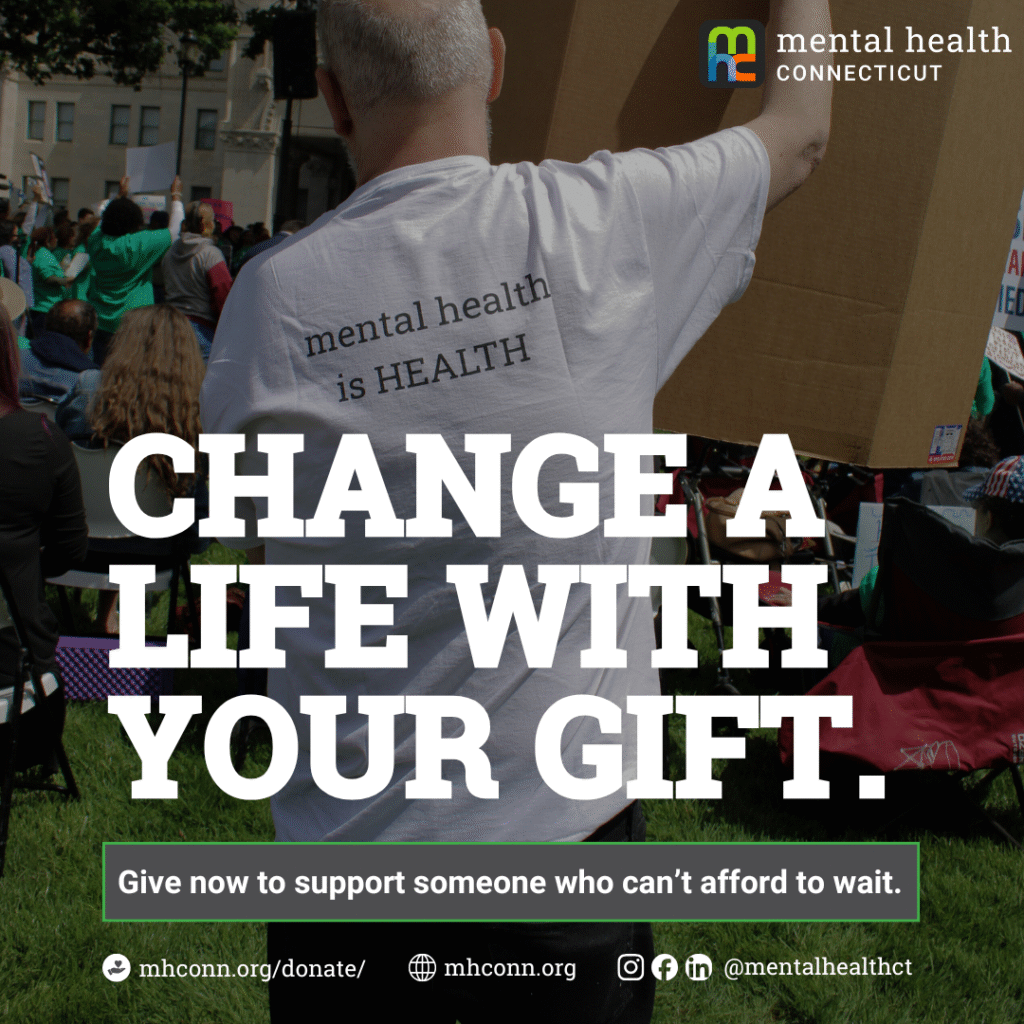Contributed by: Jane Sandwood

While debt is sometimes necessary, it can place a tremendous amount of pressure on an individual, especially those who already have a struggle with mental health. According to research, adults in debt were three times more likely to have common mental disorders (CMD) than those who don’t. For those already in the thick of things, a practical approach to debt reduction will go a long way, especially when that debt was incurred in order to improve health or wellbeing.
Classify Debt Into Specific Priorities
Although paying off all debt is important, not all debt is a priority that may affect our daily lives. There are a few debts that should receive urgent and immediate attention, such as mortgages, transportation, utilities, and taxes. These items are essential in order to live day-to-day and without the basics, it will be hard to keep a handle on mental health. It’s also important not to ignore the debt, as the effect could result in a situation that is far more traumatic, such as loss or even imprisonment. For those who have mental health issues, there could be recourse and some institutions may offer a payment plan or alternative arrangement; however, it’s up to the consumer to decide whether they’re willing to disclose this information.
Know Your Rights As A Patient
Patients may not be aware of this, but there are some instances where creditors may write off the debt entirely. This happens when there is a strong motivation from a medical professional. These write-offs are usually done when the institution is unlikely to recover the debt from the patient. A GP, psychiatrist, or another medical professional with the relevant credentials can provide proof of the condition. In cases where institutions are unable to write off the debts, there could still be some relief for consumers. A section 7 bankruptcy may be an option, especially if the debt is non-consumer debt. Medical debts and students loans tend to fall into this category.
Possible Solutions Require The Help Of Specialists
Mental health problems are not the same from person to person and for many, great relief is often found in treatment. The same applies to debt and while some have a long journey ahead of them in terms of being debt-free, others may have a solution much faster. In both cases, however, it’s prudent to approach a professional in order to get to a solution or relief faster. This does not necessarily require physically visiting someone, as anonymous chat services are available to discuss the various options until a face-to-face becomes essential. For those who are afraid that they may get stuck with more finance by buying things they don’t really need, a Notice of Correction can be added to the file to help curb spending habits.
It’s important to manage finances in order to avoid the added burden of debt and payments. For those who struggle with mental health issues, the burden can be felt even more and extra care should be taken. Rope in the help of a professional to manage both the stress and the debt.








